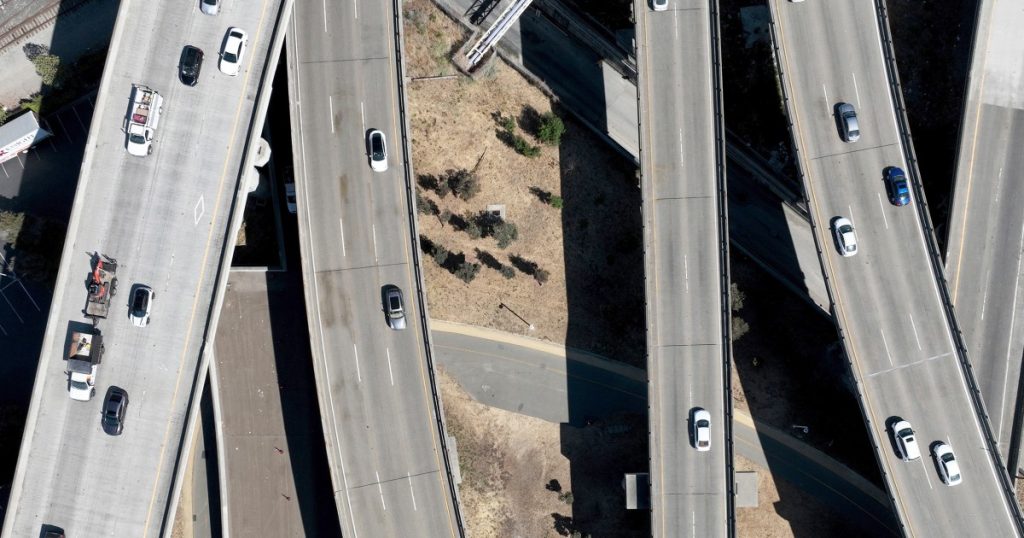As the U.S. continues to invest in and expand highways including projects like the I-15 expansion in Utah, the Brooklyn-Queens Expressway, and the New Jersey Turnpike and Garden State Parkway, there is a growing concern about the environmental impact and the contribution to global warming that these projects have. Despite efforts in other parts of the world to focus on greener infrastructure and move away from car-centric transportation systems, the U.S. remains committed to highway expansion projects which often harm communities and the environment without achieving their intended goals of reducing congestion or improving safety.
Efforts are being made to mitigate the negative impacts of highways on communities and the environment. Recently, the Biden administration announced grants to address neighborhood displacement caused by highway construction, aiming to reconnect communities by removing, retrofitting, or mitigating highways. The Federal Highway Administration is also working with states and communities to invest in safer and cleaner modes of transportation, such as walking and biking, in order to build a more equitable transportation system and reduce the environmental impact of roads and vehicles.
Some members of Congress, like Rep. Jared Huffman and Sen. Ed Markey, are introducing bills to address the environmental harm caused by highways and invest in cleaner, safer infrastructure. These efforts seek to reduce greenhouse gas emissions by creating incentives for reducing vehicle miles traveled and encouraging states to meet carbon emission reduction goals. However, these proposals still assume the necessity of America’s reliance on highways, despite other countries like Canada announcing a shift away from road expansion projects in favor of more active modes of transportation.
In contrast to the U.S., countries like Canada and cities like Paris and Dublin are making efforts to move away from car-dependent infrastructure in order to combat climate change. These places are investing in projects that promote walking, cycling, and sustainable transport modes while reducing the reliance on cars and highways. David Zipper, a senior fellow at the MIT Mobility Initiative, believes that the U.S. needs to stop expanding highways and start investing in greener alternatives to address climate change effectively. By rethinking the emphasis on highway expansion and focusing on sustainable transportation solutions, the U.S. can make significant strides in reducing transportation emissions and combatting climate change.
However, there are challenges to implementing these reforms in the U.S., including policy inertia and a psychological belief that expanding highways will alleviate congestion issues. Additionally, the theory of induced demand suggests that adding more car lanes can actually increase traffic by incentivizing more people to drive, rather than reducing congestion. To address climate change and reduce transportation emissions, the U.S. needs to prioritize investing in greener alternatives and reevaluate the emphasis on highway expansion. By following the lead of other countries and cities that are moving towards sustainable transport modes, the U.S. can make significant progress in combatting climate change and creating a more environmentally-friendly transportation system.













